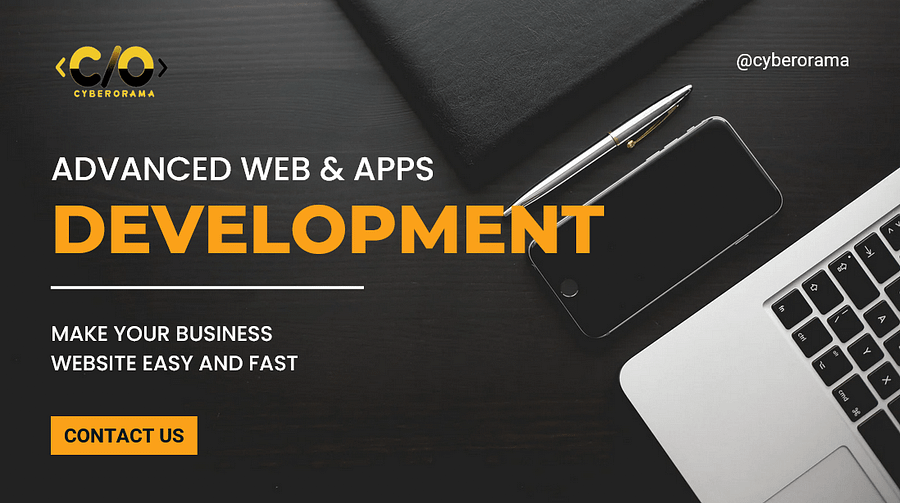Which one Better Codeigniter or WordPress for Developement?

Which one Better Codeigniter or WordPress for Developement?
Codeigniter and WordPress serve different purposes in the web development landscape, each with its unique strengths, use cases, and community of developers. Understanding the key differences between developing projects in Codeigniter versus WordPress can help you choose the right tool for your specific needs.
CodeIgniter:
About Codeigniter: CodeIgniter is a powerful PHP framework with a very small footprint, built for developers who need a simple and elegant toolkit to create full-featured web applications.- Type: CodeIgniter is a lightweight, open-source PHP framework designed for developers who need a simple and elegant toolkit to create full-featured web applications.
- Customization and Flexibility: It provides a lot of flexibility regarding how you want to structure your project, without imposing any strict conventions. This makes it ideal for bespoke web applications requiring specific, custom-developed functionality that doesn’t fit the standard content management mold.
- Performance: Generally, applications built with Codeigniter tend to have faster performance due to the lean nature of the framework, which comes with minimal built-in features compared to WordPress. This can be particularly important for highly dynamic, custom web applications.
- Learning Curve: The learning curve for Codeigniter might be steeper than WordPress if you’re not already familiar with MVC (Model-View-Controller) patterns and object-oriented programming principles.
- Use Case: Best suited for custom web applications, RESTful APIs, and when you need a lightweight solution that provides a lot of freedom in terms of design and functionality.
WordPress:
About WordPress: The WordPress open source project has evolved in progressive ways over time—supported by skilled, enthusiastic developers, designers, scientists, bloggers, and more. WordPress provides the opportunity for anyone to create and share, from handcrafted personal anecdotes to world-changing movements.- Type: WordPress is a content management system (CMS) that started as a blogging platform but has evolved to support a wide range of web publishing needs. It’s known for its ease of use, making it accessible to users with varying levels of technical expertise.
- Customization and Flexibility: While WordPress offers extensive customization capabilities through themes and plugins, its core structure is less flexible than a framework like CodeIgniter. This means there might be limitations to what you can achieve if your project requires highly specific, custom functionality not available through existing plugins or themes.
- Performance: WordPress sites can become slower than Codeigniter applications, especially if many plugins are installed or if the site receives a lot of traffic. However, with proper optimization, caching, and a good hosting environment, WordPress sites can still perform well.
- Learning Curve: WordPress has a gentler learning curve, especially for non-developers. Its extensive documentation, large community, and plethora of tutorials make it relatively easy for someone to start building websites.
- Use Case: Ideal for websites centered around content management, such as blogs, news sites, and e-commerce stores, especially when time-to-market or ease of use is a priority. WordPress is also a go-to for users who prefer a large ecosystem of themes and plugins that extend the functionality of their site without requiring custom development.
Conclusion:
The choice between Codeigniter and WordPress depends on the project’s specific requirements and the team’s expertise. For custom web applications where performance and a unique structure are paramount, Codeigniter might be the better choice. On the other hand, for projects where content management is key, and ease of use and speed of development are crucial, WordPress could be the ideal solution.Hire WordPress DeveloperRecent Posts
Nikita chandel0 Comments
The Advantage and Disadvantage of Using Website Builders vs. Custom Development
admin0 Comments



